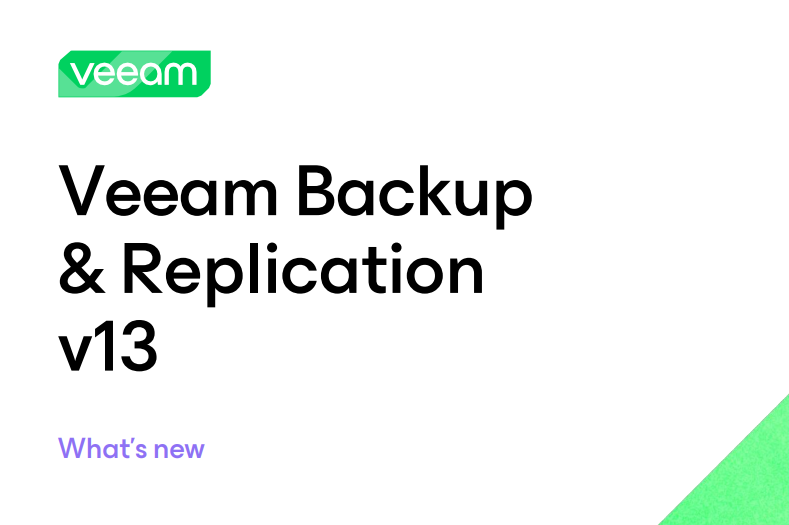Sebastian Jochelson
- 2 min read
📡 Top 6 Infrastructure Challenges Facing Mobile Network Operators

As mobile network operators (MNOs) across Europe, Africa, and the Middle East continue to expand their services and modernise their networks, they face a growing set of infrastructure challenges. From managing hybrid cloud environments to ensuring data security and compliance, the complexity of running server, storage, and Azure infrastructure is increasing rapidly.
Here’s a breakdown of the six most pressing challenges MNOs are grappling with in 2025 — and why addressing them is critical to staying competitive.
🧱 Legacy Systems
Many telecom providers still rely on outdated, siloed infrastructure that’s difficult to scale or integrate with modern platforms. These legacy systems:
- Increase operational costs
- Slow down innovation
- Complicate cloud migration
Modernizing these environments is essential for agility and long-term sustainability.
💸 Cost Pressures
With CAPEX budgets tightening, MNOs are under pressure to do more with less. This often leads to:
- Delayed server and storage refresh cycles
- Underinvestment in disaster recovery
- Difficulty justifying new infrastructure spend
A shift toward OPEX-based models and consumption-based IT can help alleviate these pressures.
☁️ Cloud Complexity
Azure and other cloud platforms offer scalability, but managing hybrid environments is no small feat. MNOs face challenges in:
- Optimising cloud costs
- Managing workloads across regions
- Maintaining visibility and control
Without proper governance, cloud sprawl and inefficiencies can quickly spiral.
🔐 Security & Compliance
Telecoms handle vast amounts of sensitive customer data and must comply with strict regulations like GDPR, POPIA, and NDPR. Key concerns include:
- Securing Azure workloads and storage
- Managing identity and access
- Implementing consistent backup and DR
Failure to comply can result in fines, reputational damage, and service disruption.
⚙️ Operational Complexity
Running distributed infrastructure across multiple geographies requires:
- Skilled personnel across server, storage, and cloud domains
- 24/7 monitoring and incident response
- Integration of multiple tools and platforms
Talent shortages and tool sprawl increase risk and reduce agility.
🧠 Lack of Automation
Many MNOs still rely on manual processes for provisioning, scaling, and monitoring. This leads to:
- Increased downtime
- Slower response to issues
- Inefficient use of resources
Automation and observability are key to unlocking operational efficiency and resilience.
💡 What’s Next?
Addressing these challenges requires a strategic approach — one that combines modern infrastructure, cloud governance, security best practices, and managed services. At Velocity Technology Group (VTG), we help telecom providers across EMEA design, deploy, and manage resilient, scalable, and secure IT environments.
Would you like to explore how VTG can help your organisation overcome these challenges? Let’s talk.

Sebastian Jochelson
General Manager - Telecoms & Mobile Industry
Share Link



